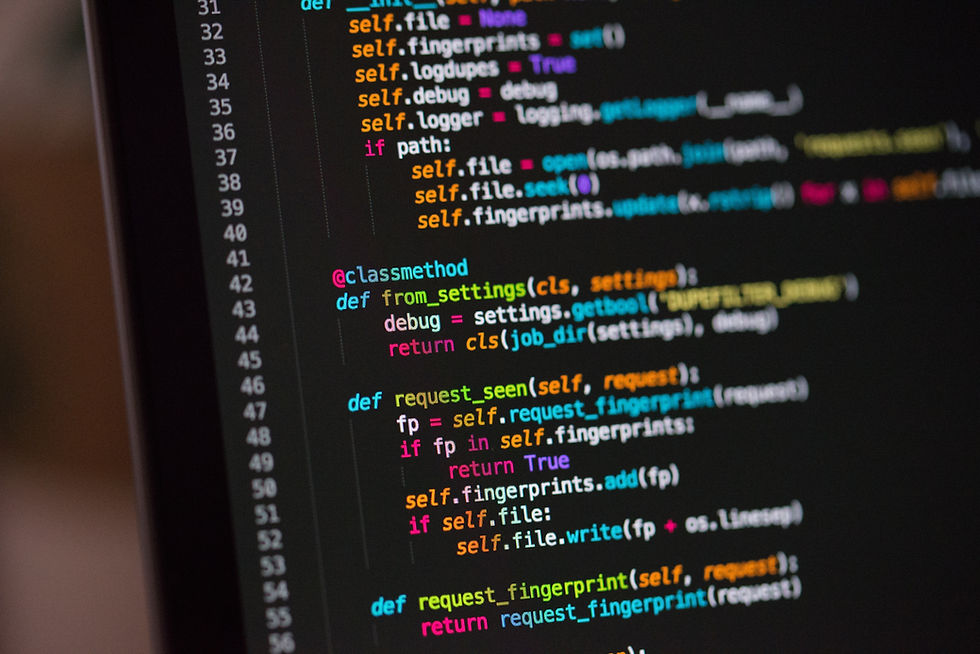Coding beyond Age 40
- Pradeep Kotari
- Jun 7, 2025
- 2 min read

I have been coding for a long time now about 20 years, professionally.
Does coding become easier as I age or it plateaus and then declines?
Great question—and very relevant as the software industry matures along with its developers.
✅ What Gets Easier With Time
Pattern RecognitionYou can see through problems faster. Design patterns, architecture choices, and debugging strategies come intuitively. You’ve “seen it all” in some ways.
Abstraction MasteryYou better understand which abstractions to trust, when to create them, and when not to over-engineer.
Architectural ThinkingYou’ve likely transitioned from just writing code to designing systems. This macro perspective becomes a superpower.
Debugging and Code ForensicsYour bug radar sharpens with age—your intuition guides you faster to root causes than junior devs could dream of.
People and Product AwarenessYou can often predict where code is going to rot based on how people communicate or how vague the product direction is. This meta-coding awareness is rare and valuable.
PrioritizationYou don’t chase every shiny tool or idea. You know what’s worth investing time in and what’s not.
🧠 What Stays the Same or Plateaus
Syntax FluencyWhile you know your primary languages well, picking up brand new syntaxes or entirely new paradigms (like Rust’s borrow checker or Haskell’s type system) can become more of a conscious effort.
Raw Speed of Typing and ExperimentationYou might not “crank out” experimental code as fast as a 22-year-old fresh out of a hackathon. But your accuracy and clarity often more than make up for it.
⚠️ What Might Decline
Cognitive Bandwidth for Low-Level DetailLong hours of low-level, intensive coding (like GPU programming, memory management, etc.) can be mentally draining as you age—even if you can still do it well.
Motivation for Learning Every New ToolYou might feel overwhelmed or disinterested in keeping up with every new JS framework or AI library. This is natural—and often a good filter. But it can feel like falling “behind” even when you're not.
Eye Strain, Fatigue, and BurnoutPhysical aspects like screen fatigue, neck strain, or wrist pain become real unless you're proactive about ergonomics.
🚀 What You Can Do to Stay Sharp
Shift from “Coder” to “Code Strategist”Solve higher-order problems: architecture, scalability, mentoring, technical vision.
Focus on Mentoring and LeadershipYou bring decades of wisdom younger devs can’t replicate. Share generously.
Build Tools or FrameworksYour experience gives you the credibility and insight to simplify complexity for others. Great senior devs often build the tools that juniors use.
Stay Curious, Not CompetitiveYou don’t need to “beat” younger devs. Just stay curious. Learn enough to stay relevant, but double down on your unique value.
🧓🏽 Final Thought:
Coding doesn't become harder with age, it becomes different.
You trade brute-force freshness for elegant problem-solving and wisdom.
If you stay curious and take care of your body and mind, you can remain a powerful developer—or even more so—well into your 50s, 60s, or beyond.



Comments